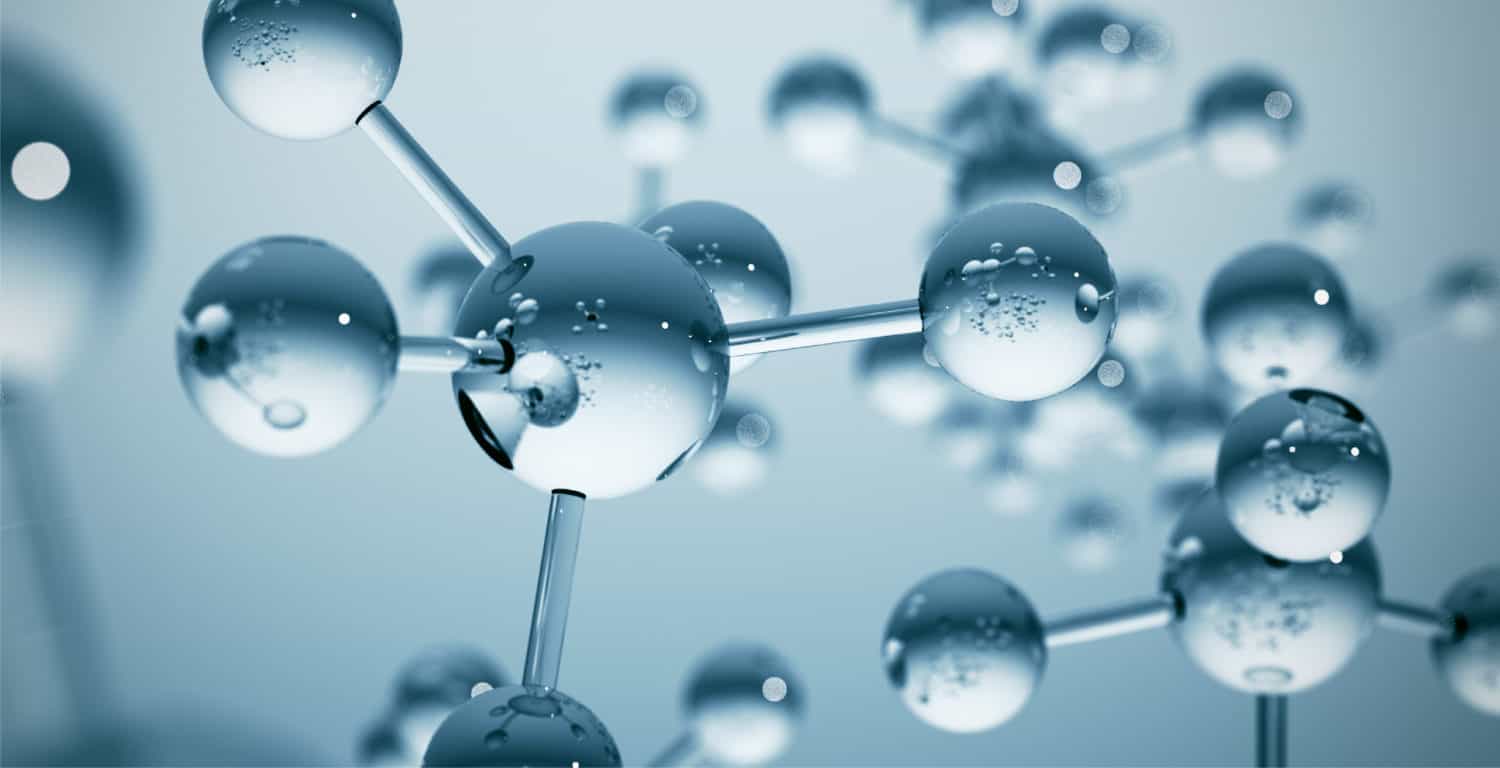Peptides have been causing a lot of stir in the health and wellness world in recent years. A lot of research has gone into developing peptides into something people will be able to take for a variety of benefits. It’s still early, but a lot of studies are showing promising data in animal models. The results give people who struggle with things like weight loss, diabetes, memory loss, bone density loss, and many other conditions a good deal of hope.
But what exactly is a peptide? If you’ve heard about them from a friend or a colleague, then you deserve to know more about what they are rather than just taking someone’s word for it. Understanding what peptides are and how they work will help you decide whether you will want to use them and how effective they will be. Knowing more about peptides will help you decide whether to pursue them as a possible future treatment option for certain health related conditions.
As the scientific and medical communities study peptides more and invest more money into research, we’re likely to grow in our understanding of how they are part of a broader treatment strategy to improve health and quality of life.
Here’s some basic information on peptides and what they do.
The Peptide Basics
Peptides occur in the body naturally. They are short strings of amino acids. Amino acids are what are referred to as the building blocks of proteins. Peptides, though, are shorter chains of amino acids. What’s great about peptides is that they are easily synthesized in labs. Scientists can find ways to produce peptides, or chains of amino acids, that carry out critical functions. So, if your body needs or wants more of something that a peptide is already doing in your body, you can create them synthetically to get more.
What Do Peptides Do?
But what do they do, exactly? As you might imagine, there are many different types of peptides, each with different functions. Peptides that are made inside of a lab are used to mimic what they do in the body. Researchers are testing them for treatment for conditions like multiple sclerosis, sleep disorders, erectile dysfunction, and a host of other conditions. As you can tell, they run the gamut, and you can find peptides for any number of purposes.
Some potential peptides advantages include:
Muscle growth and repair from injuries – peptides have been shown in animal models to increase the release of growth hormones in the body. This leads to increased muscle mass, greater bone density, lower inflammation, repair of muscle, tendon and ligament damage and other health benefits.
Skincare – Peptides are already found in many popular skincare products. You’ll find them in lotions, creams, and face masks. People use them for their supposed anti-aging properties. Peptides are known to stimulate the production of elastin and collagen in the skin, which can help people look and feel younger than they are.
Supplements – Several supplements include peptides in their ingredients lists. Some are designed to stimulate muscle growth, while others are designed to enhance fat burning in the body. Some, like the collagen peptide, are included in supplements designed to promote hair and nail growth. It all depends on what type of products you’re looking for.
Peptides Vs. SARMs
Sometimes people confuse SARMs, or selective androgen receptor modulators, with peptides. Well, not all peptides are SARMs, and not all SARMs are peptides. There is some overlap there, but the main determinant of whether a peptide is a SARM has to do with its function. SARMs are selective, and they target specific tissues. Peptides, on the other hand, are very diverse in their abilities. They’re also very easy to synthesize in the lab.











